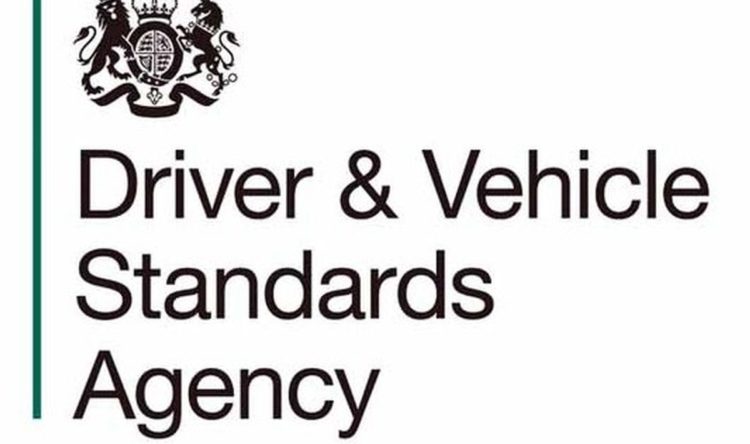David Vs Goliath
Don’t feel intimidated by size, being small can often give you the upper hand
No matter how big your business is – whether you’re an independent sole trader, or a national driving school – there is competition all around you. But being part of a slow-moving industry, most of us know our patch well, including who’s in it and what they’re offering. The vast majority of this market is made up of individuals and small businesses, and it’s sometimes easy to feel like a little fish in a big pond. We go about our work, providing our service to the best of our ability, in the hope that we can earn a decent living. But what happens when that relative calm is disturbed by the arrival of a large new competitor? First comes the shock and anxiety; it’s easy to feel powerless and intimidated – they have a shiny new offering, lots of people and an enormous advertising budget – so how can you possibly compete? At this point, while you’re being dazzled and struck dumb by their bright lights and loud fanfare, it’s easy to focus on what they are offering, whilst taking your eyes off your own business, and therein lies the real danger.
Great Things in Small Packages
But bigger isn’t always better. In the famous Biblical tail of David and Goliath, it’s easy to see why Israelite soldiers were frightened to fight the 6’9” Philistine warrior. He towered over them, adorned in shiny bronze armour with a sword, javelin and spear! So why was David, a lowly shepherd boy willing to take him on?
The answer lies in what he saw, and that everyone else missed. He knew he couldn’t match his size, the strength of his armour nor the might of his weapons, much like a small business can’t match the man-power, marketing reach or advertising power of a larger competitor. Instead, David focused on his own strengths, and the hidden weaknesses of his opponent. Due to his size, Goliath couldn’t see properly. His amour was heavy, making it difficult to move. His confidence in his size and physical strength meant he also underestimated David’s ability and skill at utilising a sling that could hurl a small rock at the speed of a handgun bullet with great accuracy. So, from a distance, without armour or strength, he fires a rock right between Goliath’s eyes and the rest is history.
Know Your Strengths
When we apply this story to business, and in particular how a small business competes against a larger company, the similarities are obvious:
1. It’s easy to be intimidated by the size and perceived strength of your competitor. The key to success is to focus on your own strengths and use your size to your
own advantage.
2. It’s often difficult for larger companies to see things at a more granular, local level. You know your area, your market and can offer a personal, specialist service. You can shake every hand, relate to your customers as neighbours, spend the time learning their specific needs and show that you care. Personal service and attention to detail are crucial.
3. It’s hard for larger companies to adapt to change, or ‘pivot’ their business in response to a change in the market. Being small means you’re flexible and nimble, making it easier to take advantage of new opportunities as they arise.
4. Larger organisations often underestimate the capabilities of their smaller rivals, which can make them vulnerable in the longer term. Take a look at the level of service you provide – make sure it’s top notch, and that you provide the level of service necessary to help your students pass their test and become safer drivers. Being so close to the delivery of your product means you can identify weaknesses in your own service and put them right. The referrals your high-quality service will generate over the longer term will mean you’ll never have to worry about competition again. Meanwhile, the ‘Goliaths’ will be struggling with bending their heavy armour.
Keep Your Eyes On The Road
Reece Pacheco, co-founder of Shelby.tv once said: “Race car drivers are told to keep their eyes on the track, because if you look at the wall, you’re going to crash into it.” He added that businesses with big competitors should follow the same principles. The more attention you’re paying to the competitor, the less attention you’re paying to your own business. Focus on your own goals, and don’t obsess about what the other company is doing. He’s right. Don’t try and match their loss-leader
pricing – differentiate your high-quality service by putting your prices up! Stay smart, smiley and sensitive to the needs of your customers. Be confident in your own ability to provide a superb service and never stop offering the personal touch and being flexible, because that is what will see your name passed from delighted customer to new prospect. If I may quote the words of our very own editor, Paul Caddick: “The smaller businesses that survive and grow are those that carry the goodwill of people with them, continue to develop and innovate and provide a solid reliable service.” I believe David, Reece and Paul are all right, and you’ll
be alright too.
Dan hill – https://www.mydrivetime.co.uk/






